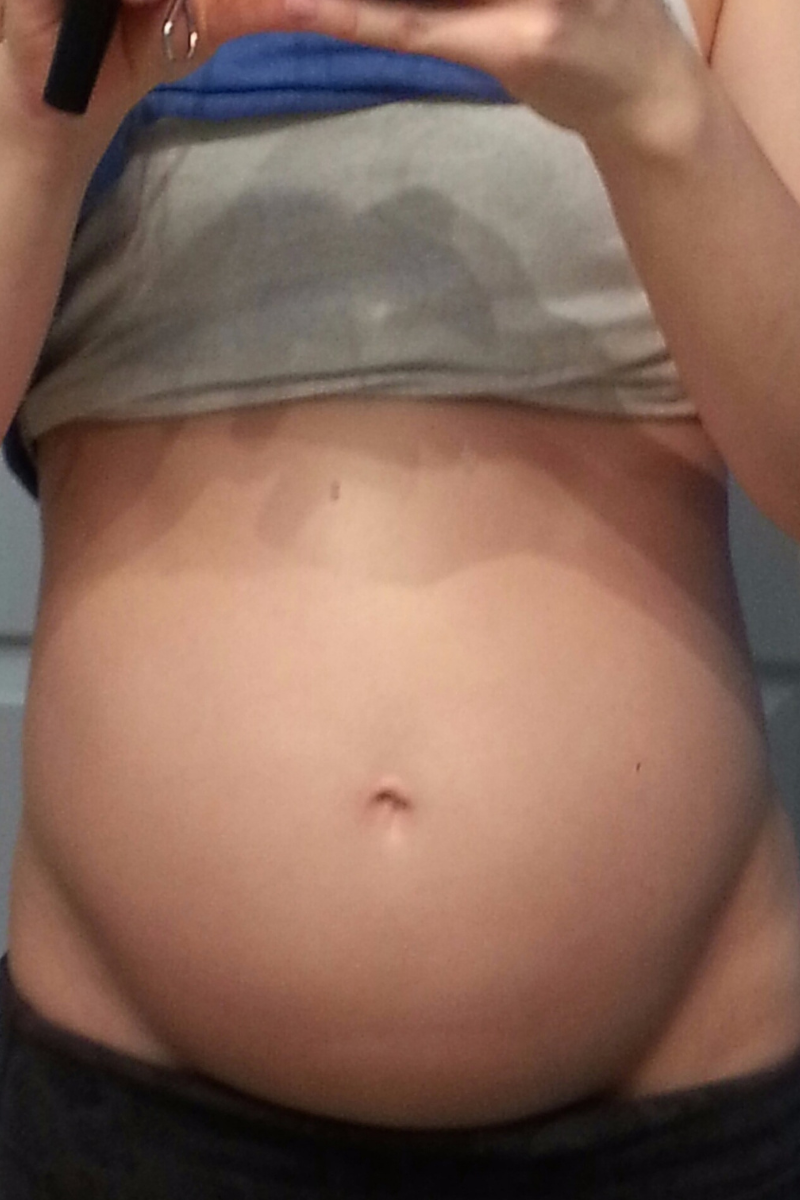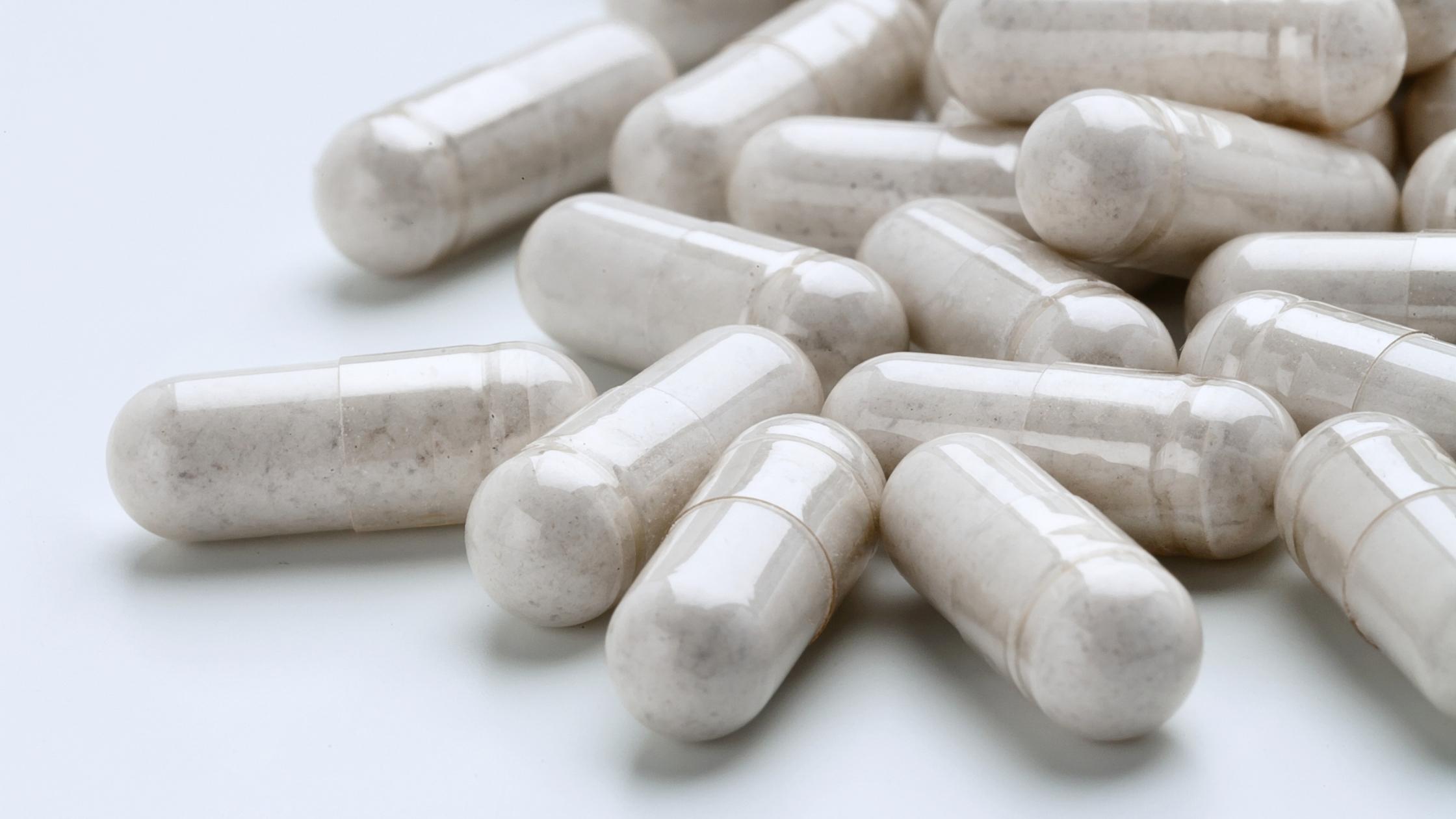[et_pb_section fb_built=”1″ _builder_version=”3.19.11″ custom_padding=”0|0px|0|0px|false|false”][et_pb_row _builder_version=”3.19.11″][et_pb_column type=”4_4″ _builder_version=”3.19.11″ parallax=”off” parallax_method=”on”][et_pb_text _builder_version=”3.19.11″ text_font=”||||||||” text_font_size=”16px” text_line_height=”1.4em”]
Bloating and abdominal distension are the most common reasons people reach out to me for coaching. Having suffered through my own experiences with bloating and distension, I understand how frustrating, uncomfortable and embarrassing it is.
There are many reasons for bloating and distension and it can take some sleuth work to pinpoint the culprit (or culprits). Here are the most common bloating causes that I see and work with in my practice:
Food Sensitivities
Food sensitivities are a popular topic in the natural health blogosphere. A cursory look through a Google search on this will lead you to believe that we are all sensitive to dairy and gluten. Not everyone has food sensitivities. That said, those who have chronic GI issues such as bloating, are more likely to have a food sensitivity than someone with excellent gut health.
There are a few ways one can be sensitive to a food. The sensitivities that are often a result of long standing GI issues are called IgG Sensitivities. IgG is an antibody that forms immune complexes that can travel throughout the blood and manifest in other areas of the body. These reactions can occur immediately or take up to three days to show in symptoms.
IgG Sensitivities are more likely to develop in those with long standing GI issues due to the relationship between the immune system and the lining of the intestine. When the integrity of the intestinal lining is compromised-and this can happen for a number of reasons- undigested food particles can pass through the intestinal wall and into the blood stream, which then provokes an immune system response. This is referred to as increased intestinal permeability, or “leaky gut”.
Testing for this type of sensitivity can be done through blood, stool or an elimination diet. The most common foods that fall into the IgG Sensitivity category are wheat, dairy, corn, soy, peanuts and eggs.
Low Digestive Fire
Digestive fire refers to the body’s ability to digest proteins, carbohydrates and fats through the use of stomach acid, enzymes and bile. Low digestive fire is especially rampant in the over stressed. When you are stuck in the “fight or flight” stress response, digestion is the first thing to go out the window. Overuse of acid blocking drugs is a common cause of low digestive fire. Heartburn and acid reflux are not always caused by excess stomach acid. Low stomach acid contributes to more heartburn/acid reflux cases than excess acid. Yet the majority of people reach for the antacids at the first sign of discomfort.
Many of these people would greatly benefit from improving digestion.
Other symptoms of low digestive fire besides bloating include belching after eating, “tasting” your food in the back of your mouth hours after eating, undigested food in the stool, feeling full quickly when eating, and a heavy or lethargic feeling after eating. When digestive fire is low there is also potential for anemia and conditions related to malabsorption.
How we eat our food is one of the most important aspects of strong digestive fire. I can’t stress this enough. Meals should be eaten while you are sitting, feeling calm and focused on one thing- CHEWING. Chew, chew chew. Chew your food into a paste. Swallow each bite before taking another. Sloooooooow down. Take a few deep breaths before eating. Do not eat while you are angry, stressed, working at your computer, watching t.v. or scrolling through your phone. Just focus on eating.
Taking in the smell and taste of your food while chewing thoroughly will stimulate gastric juices. Take 15 minutes after eating to allow your digestion to do it’s thing.
Supplementation with digestive enzymes, hydrochloric acid, bile or a combination of all three is sometimes necessary, though many people see improvement just from drinking a tablespoon of apple cider vinegar in warm water before meals. Fresh squeezed lemon can be used in the same way. Vinegars and bitters can also be used in cooking.
Dehydration
Dehydration can leave you holding water directly under the skin, causing that “puffy” look. Get hydrated and stay hydrated if you want to lose the bloat. Start with 8 – 10 glasses of water each day and increase to 12 if you are active or drink coffee.
Stress
The digestive system has it’s own “brain” called the Enteric Nervous System (“ENS”). The ENS is one of the main divisions of the nervous system that governs the function of the gastrointestinal system, including digestion and motility. It’s quite literally the brain of your gut and is referred to as the Second Brain. When the ENS is thrown off- which can occur from stress- digestion and motility go out the window, causing bloating.
Reducing stress is such an individual thing. I can tell you that meditation, yoga and deep breathing exercises will help (they really do even though they are the usual suggestions) but some soul searching may be required: what’s making you unhappy/stressed/anxious? What do you need to let go of? Sometimes we need to break emotional patterns or toxic relationships to get rid of chronic stress.
Sleep
Sufficient quality sleep helps balance your ENS. Being chronically underslept is the culprit behind a wide range of GI disorders, not just bloating, as it suppresses the rest and digest” branch of the ENS. How much sleep we need is individual but it’s generally not recommended to fall below 7 hours.
An easy way to improve sleep is to start a pre-bed routine. At least 30 minutes before going to bed, turn off all electronics, dim the lights and engage in some relaxing activities such as reading, drinking herbal tea (chamomile or tulsi for the sleep win!). Go back to the dark ages and use a traditional wind-up alarm clock instead of your phone because we all know that leads us to read work emails the second we wake up. Sleep in as much darkness as possible, using blackout curtains if needed.
Gut Microbiome
One hundred trillion bacteria live in your gut. If there is an imbalance in the gut flora – whether there is a shortage of good guys, or the presence of bad guys, or frank infection with a parasite, candida or pathogenic bacteria, that can be a real problem. Ruling out dysbiosis, infection and Small Intestine Bacteria Overgrowth is important while sorting out reasons for bloat.
When I work with someone that appears to have an issue with their gut micro biome, I will refer them to get two tests that give a whole picture of the state of the gut: a Comprehensive Stool Analysis and a Small Intestine Bacteria Overgrowth (SIBO) breath test. The stool test will tell us if any pathogenic bacteria, candida or parasites are present and also how strong the good bacteria are. The SIBO breath test will tell us if there is an overgrowth of bacteria in the small intestine SIBO affects 84% of people diagnosed with IBS.
You can help boost the good bacteria you already have through increasing your vegetable intake, fermented foods and probiotics.
Slow Gut Motility
Those who are constipated are more prone to bloating. Keeping regular is a balance of hydration, a diet high in veggie and fruit fibre, sufficient fat in the diet, a healthy gut microbiome and a balanced ENS.
Avoid using purgative laxatives such as senna and cascara sagrada to relieve constipation. These laxatives work by irritating the lining of the gut which can have negative side effects when used long term. Supplemental magnesium is a fantastic alternative when you need to get things moving. Take it in the evening before bed. Start with a low dose and increase each night until you have a bowel movement. Increase slowly as too much magnesium in one dose will cause diarrhea.
FODMAP Sensitivity
FODMAPs are a group of carbohydrate molecules that some people are unable to digest properly. FODMAP is an acronym that stands for:
Fermentable
Oligosaccharides (fructans and galacto-oligosaccharides-GOS) Disaccharides (lactose, milk sugar)
Monosaccharides (excess fructose)
and
Polyols (sugar alcohols such as mannitol and sorbitol)
When not broken down by normal digestive functions, they pass through to the small intestine where they have an osmotic effect: meaning they draw water in the small intestine which leads to diarrhea and/or constipation. The carbohydrate molecules then pass to the large intestine where they are rapidly fermented by bacteria, causing gas, bloating and abdominal distension.
FODMAPs are in all foods that contain carbohydrates: fruits, vegetables, grains etc. It’s impossible to cut out FODMAPs completely because we would just be living off animal protein and oils (Please don’t do this. It’s a very bad idea). So, the solution is to follow a low FODMAP elimination diet and then test your FODMAP tolerance through a reintroduction phase.
One of the first things that I do when working with a new client is to implement an elimination diet to find out which foods are causing a flare-up in symptoms. Finding out which foods work for you is absolutely essential with any chronic condition: IBS, migraines, autoimmune conditions, hypothyroidism etc. An elimination diet removes common food triggers for a period of time and then foods are reintroduced one at a time to assess your reaction to them.





+ show Comments
- Hide Comments
add a comment